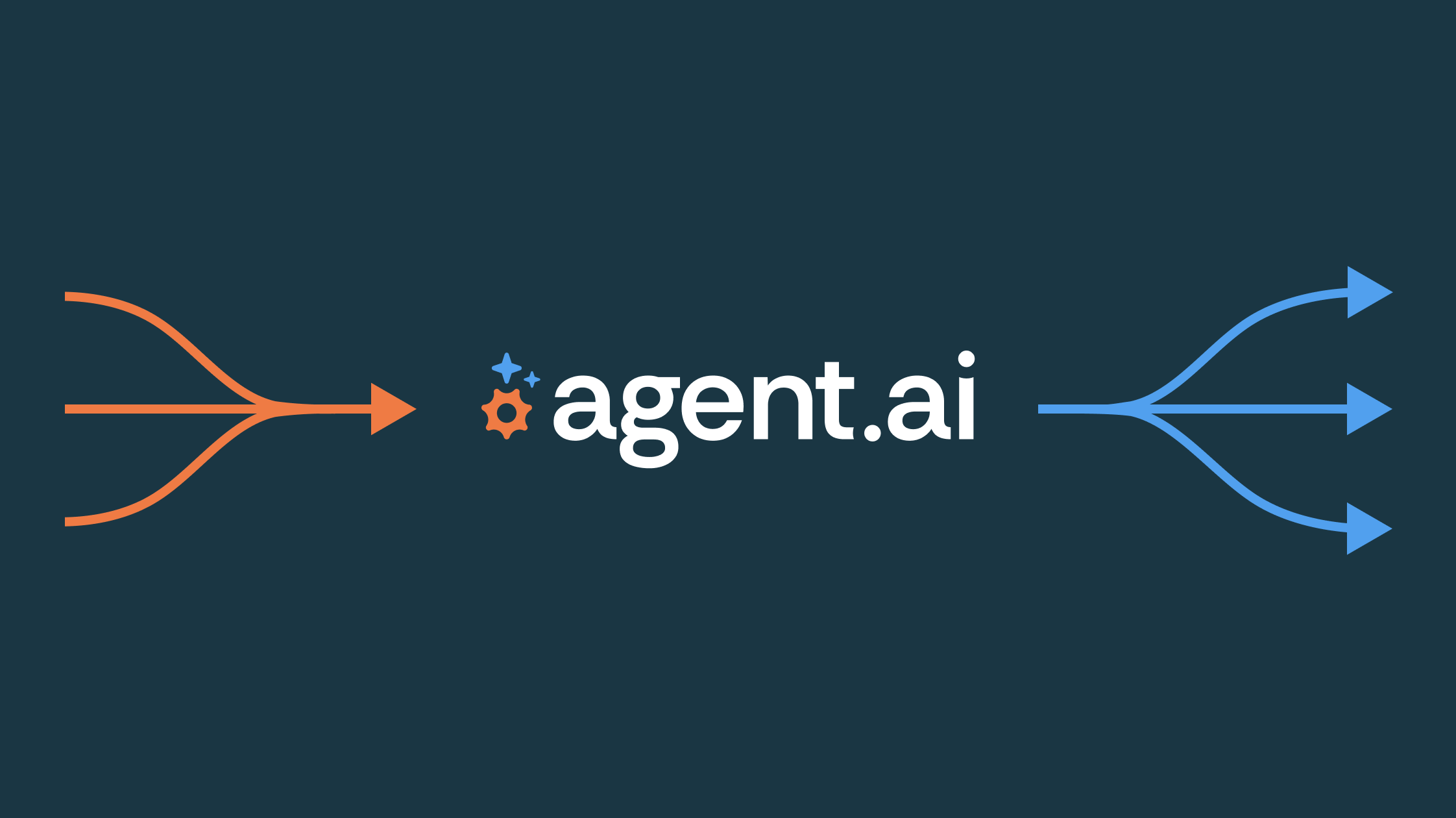What Are AI Agent Frameworks?
Get a quick explanation of AI agent frameworks to help you better understand the foundations of agentic AI.


In the rapidly evolving world of artificial intelligence, you may have stumbled across the phrase “AI agent frameworks”, and had questions about what exactly it means. AI agent frameworks have emerged as a powerful tool for creating intelligent, autonomous systems. They’re revolutionizing how we build AI applications, enabling developers to create more sophisticated and capable AI agents than ever before.
First, a definition of AI agents.
Before diving into frameworks, let's clarify what we mean by AI agents. An AI agent is basically software that’s designed to perceive its environment, make decisions, and take autonomous actions to achieve specific goals. It can operate independently, learning and adapting as it interacts with data.
Okay, so what are AI agent frameworks?
AI agent frameworks are essentially toolkits that provide developers with the building blocks to create these agents. They offer a structured approach to developing AI systems. They handle complex tasks like:
- Decision-making: Enabling agents to process information and determine appropriate actions.
- Communication: Facilitating interactions between agents and their environment, including interactions between users and other agents.
- Task management: Coordinating and executing various tasks that agents need to perform.
Most AI agent frameworks also share several core components:
- Agent architecture: This defines how the agent makes decisions, stores information, and interacts with its environment.
- Environment interfaces: These connect the agent to either simulated or real-world environments.
- Learning mechanisms: These implement algorithms that allow the agent to improve its performance over time.
- Integration tools: These link agents with external data sources, APIs, and other software systems.
It’s helpful to have this basic understanding of how AI frameworks work, even if you don’t plan on building complex agents yourself (although anyone can build agents on Agent.ai, even if you don’t fancy yourself tech-savvy).
Why do non-builders need to understand frameworks? Because chances are very good you’ll be using agentic AI in your life very soon (if you’re not already), and it’s helpful to understand that these frameworks are the foundation for the agentic AI you’re using. These frameworks are making it possible to create AI systems that can automate your workflows, independently solve your problems based on new information it perceives, and scale your work to handle increasing demands and complexity.
What’s the future of AI agent frameworks?
As AI technology continues to advance, we can expect AI agent frameworks to become even more sophisticated. They'll likely incorporate more advanced machine learning techniques, better natural language processing, and improved ability to reason and make complex decisions.
If you’re interested in agentic AI, keeping an eye on the development of frameworks will help keep you on the cutting edge of AI capabilities. While you may not be building agents yourself, understanding the potential of these frameworks can help you anticipate the kinds of AI applications you might be able to leverage in the future, and help you dream up new possibilities for implementing agentic AI into your workflows.
Free Agent Building Workshop
Inspired to bring AI into your workflows? We'll teach you and your team how to build your own AI agents.



